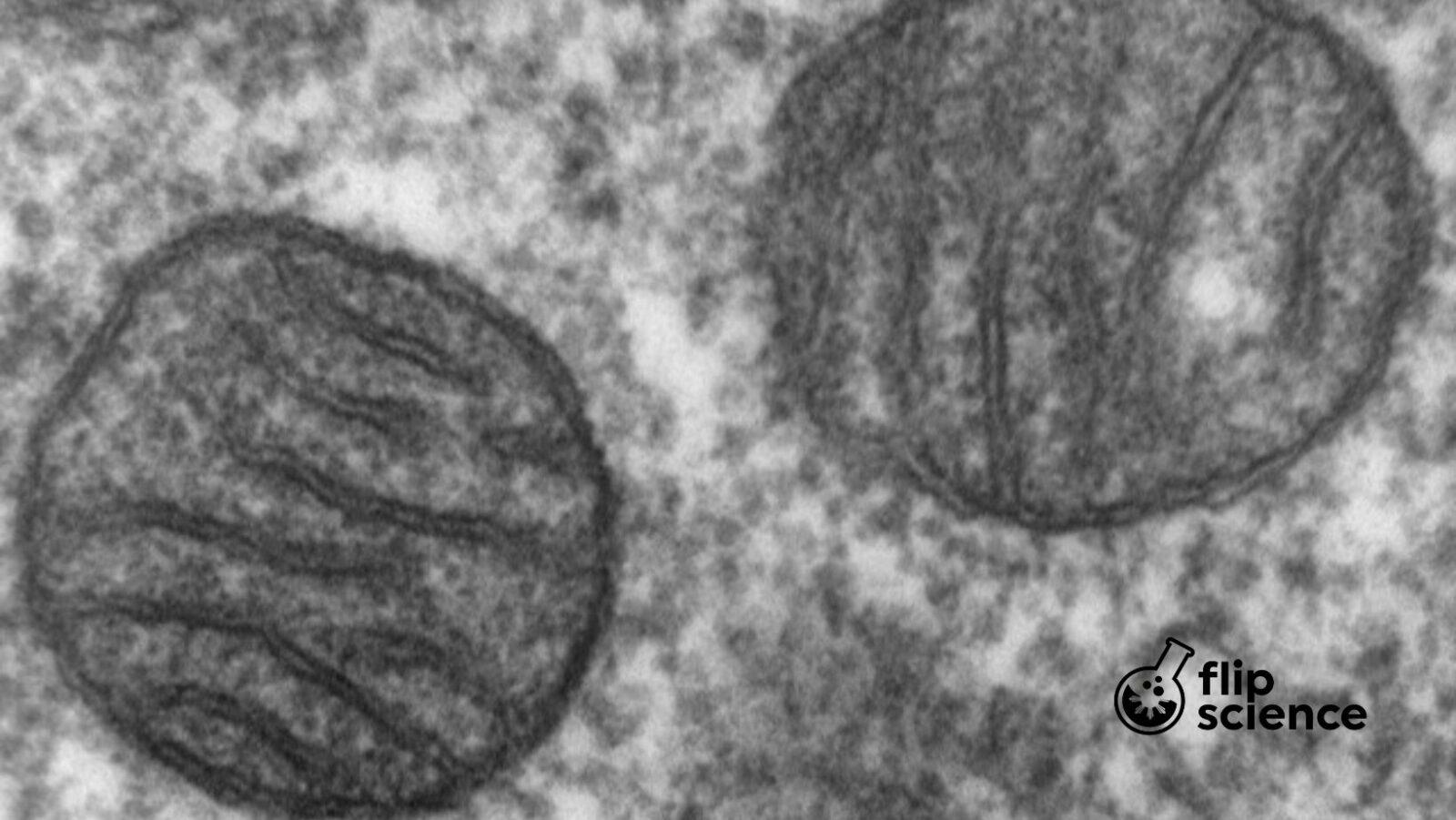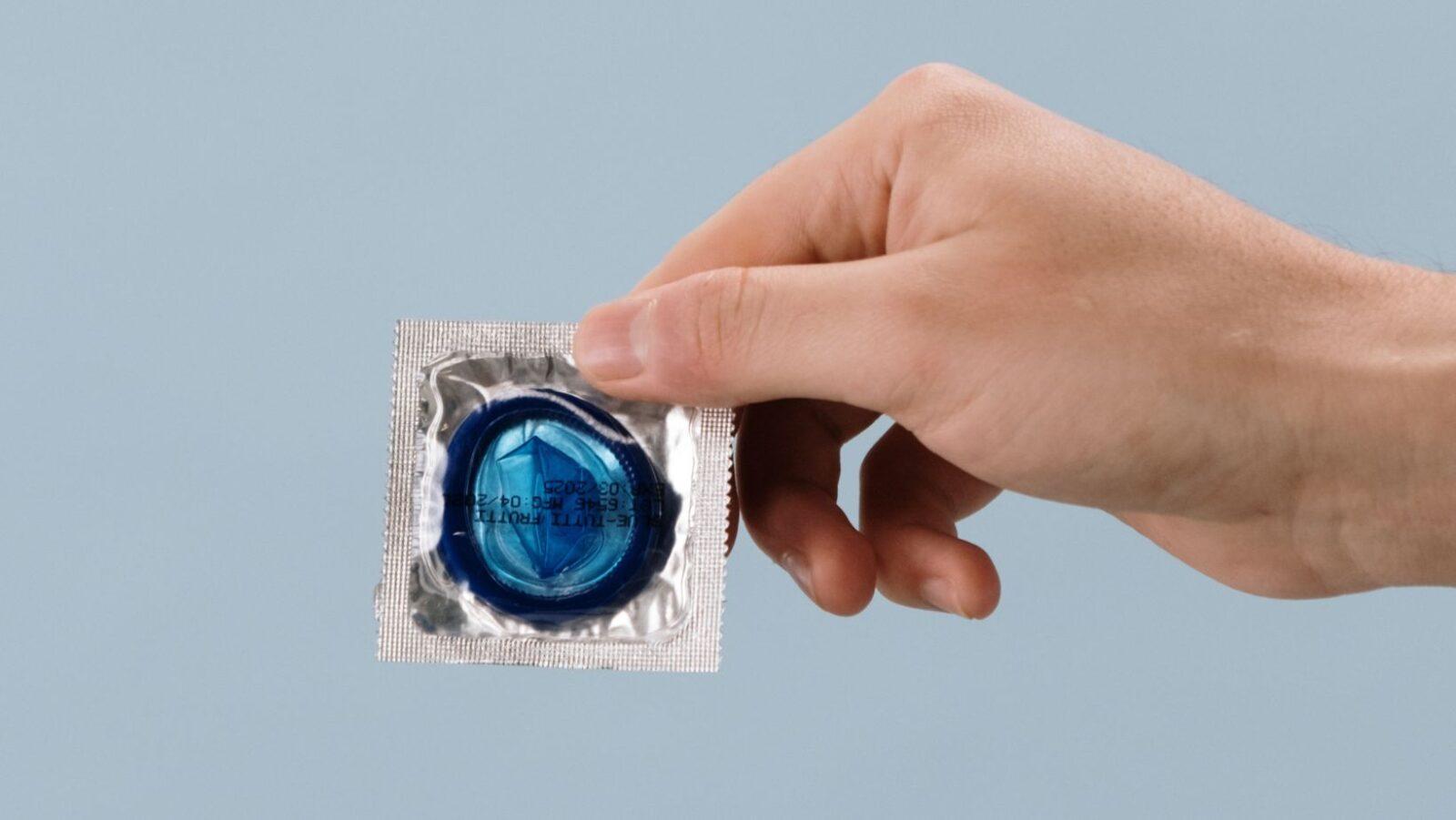
•As per Proclamation No. 1777, every fourth week of June is National Poison Prevention Week (NPPW)
•The annual NPPW aims to increase people’s awareness on the importance of poisoning prevention at home, school, work and the general environment.
•By being mindful of how we store, handle, and dispose of poisonous substances in our homes, we can keep our loved ones safe from poison-related harm.
Did you know that since 2009, we’ve been celebrating National Poison Prevention Week (NPPW) every fourth week of June?
Mandated by Proclamation No. 1777, NPPW is an annual week-long celebration with the aim of increasing Filipinos’ awareness about poisoning prevention at home, at school, at work, and in the general environment.
Protecting people from poisoning
As a result of the COVID-19 pandemic, demand has increased for bleach, detergent, disinfectants, alcohol, and other household cleaning products. However, this also means an increased risk of poisoning incidents in the home, especially among children (though adults are definitely at risk as well).
According to the United States Centers for Disease Control and Prevention, over 300 children are treated for poisoning daily in emergency departments across the nation. Studies have revealed a link between the rise in these incidences and the increased demand for cleaning products and disinfectants in the home.
Data from the National Poison Management and Control Center (NPMCC) revealed that in 2009, over half (55%) of poisoning patients in the Philippines were children. “Children are more vulnerable to the injurious effects of poisonous substances than adults,” explained Thony Dizon, Chemical Safety Campaigner, EcoWaste Coalition.
According to Dizon, children’ body defense systems are still undeveloped, making them more susceptible to these poisonous substances than adults. “They breathe more air, eat more food and drink more water in proportion to their weight, they have thinner skin, and they often put their hands and even objects, which may contain germs and chemical contaminants, in their mouths.”
“Preventing members of our families from getting poisoned is indeed better than cure, especially during these days when hospitals are preoccupied with the novel coronavirus disease (COVID-19) cases,” said Dr. Carissa Dioquino-Maligaso, President of the Philippine Society of Clinical and Occupational Toxicology (PSCOT) and Chairperson of the Department of Neurosciences of the Philippine General Hospital.
“By taking steps to poison-proof our homes and educating our families about poisoning prevention, we surely can avoid life-threatening medical emergencies and unnecessary medical bills.”
Poison-proofing pointers
PSCOT and the EcoWaste Coalition provided the following preventive measures for households, to ensure safer, poison-proof homes:
1. Handle, use, store and dispose of products safely at all times.
2. Read the product labels carefully. Be mindful of hazard pictograms and precautionary warnings, and follow safety instructions.
3. Return all products to their proper storage immediately after use.
4. Never place poisonous products in beverage and food containers. Keep them in their original containers.
5. Store food and potential poisons in separate cabinets.
6. Keep medicine, bleaching, cleaning and laundry products, e-cigarette liquid refills, insecticides, paints, varnishes and thinners, and car maintenance materials out of children’s sight and reach. Store them in a securely locked cabinet or area.
7. Never allude to medicine as “candy,” “chocolate,” or any other name that appeals to a child.
8. Safely get rid of unused, unwanted or expired medicine, vitamins, and supplements.
9. Do not mix household cleaning products together to prevent the formation of dangerous fumes.
10. Never reuse pesticide and other chemical containers for storing food and water.
11. Secure the battery compartment of games, toys, and other items powered by small button-cell batteries. Such batteries can cause choking and chemical risk if ingested.
12. Wash children’s toys and other play things regularly to lessen the risk of ingesting lead-containing dust and other environmental pollutants.
13. Teach kids how to safely use art materials such as crayons, watercolors, glues, and other adhesives. Also, remind them not to eat or drink while doing their art assignments.
14. Be aware of plants inside and outside your home, as some of them may be poisonous to both schildren and pets.
15. Put the NPMCC emergency phone numbers on your mobile phone and call the center for advice and referral if needed: 8524-1078, 8554-8400 local 3976, 0966-7289904, and 0922-8961541.
References
- https://cnnphilippines.com/lifestyle/2020/4/29/Accidental-poisoning-among-children-disinfectants-.html
- https://newsinfo.inquirer.net/700191/most-household-poison-victims-are-children
- https://www.officialgazette.gov.ph/2009/05/18/proclamation-no-1777-s-2009/
Author: Mikael Angelo Francisco
Bitten by the science writing bug, Mikael has years of writing and editorial experience under his belt. As the editor-in-chief of FlipScience, Mikael has sworn to help make science more fun and interesting for geeky readers and casual audiences alike.









